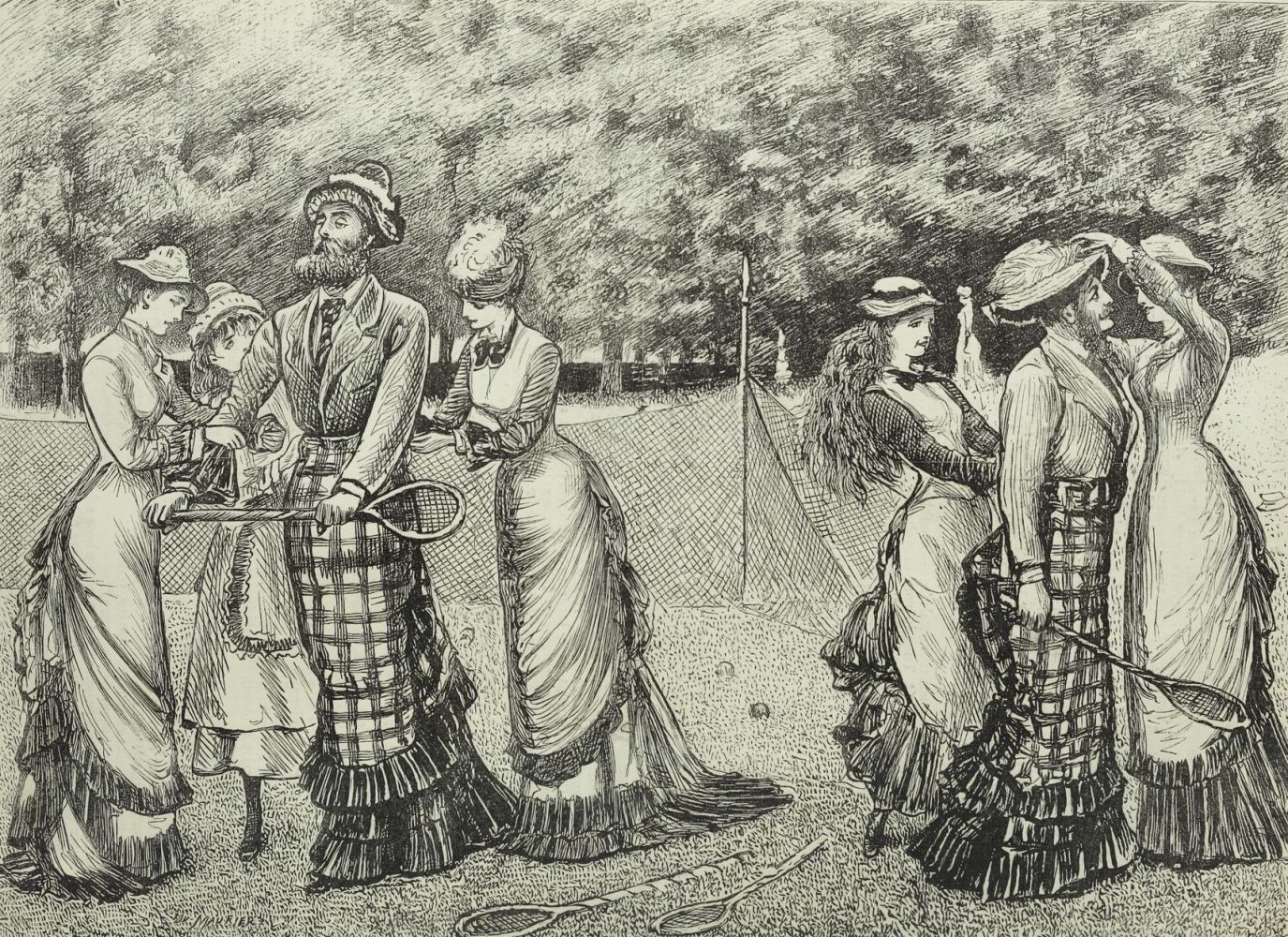
Introduction
This report looks back at progress we have made against the Europeana Foundation Business Plan 2021 but it is impossible to do so without acknowledging where we are now. In 2021, in the face of unsettling times, we doubled down on what matters to us - harnessing cultural heritage to help create the fair and inspiring world we want to be part of. Thank you to all who have contributed their time, expertise and energy.
We have achieved a lot in the past year in our role as coordinator of the Europeana Digital Service Infrastructure and as participants in other EU-funded projects. As ever, that’s down to the collaborative way that the Europeana Foundation and our partners, projects, networks and friends work together. As the war in Ukraine brings new challenges and perspectives, continuing this approach will be more important than ever to support the role of cultural heritage in society.
Making progress in difficult times
As the pandemic continued, the importance of digital transformation for culture grew. We defined what digital transformation means for the sector and explored its impact in a number of ways, including at our Presidency event in Portugal and through our work to encourage the use of digital culture in education.
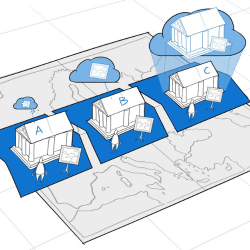
Defining digital transformation for the cultural heritage sector
Learn more about Defining digital transformation for the cultural heritage sector
Europeana and Portugal put culture at the heart of Europe’s recovery
Learn more about Europeana and Portugal put culture at the heart of Europe’s recovery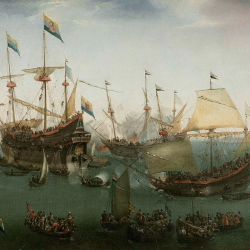
Digital cultural heritage in education – a tool to navigate difficult times
Learn more about Digital cultural heritage in education – a tool to navigate difficult timesStrong leadership
We nurtured the relationship between the governing bodies of the Europeana Foundation, Europeana Aggregators' Forum and Europeana Network Association. The Foundation elected a new Chair-Elect in Martina Bagnoli, and said thank you to its outgoing Chair and Treasurer, while the Network Association welcomed 27 new members to its Council.

Outgoing chair and treasurer reflect on their time on the Europeana Foundation board
Learn more about Outgoing chair and treasurer reflect on their time on the Europeana Foundation board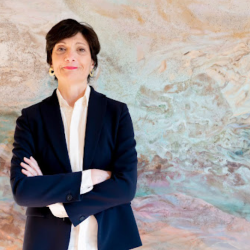
Martina Bagnoli elected to be Chair of the Europeana Foundation
Learn more about Martina Bagnoli elected to be Chair of the Europeana Foundation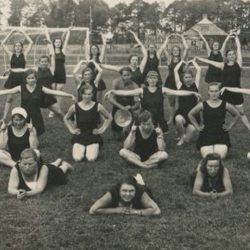
Europeana Network Association welcomes its 27 new Members Councillors
Learn more about Europeana Network Association welcomes its 27 new Members CouncillorsParticipation
Participation in culture creates value in the cultural sector and society. We helped more people get involved, whether through using new Europeana functionalities to create their own galleries or translate items, asking students to use Beethoven to spark their creativity, or academic researchers to design crowdsourcing projects.
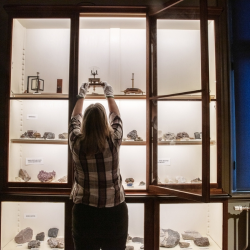
Meet the winners of the Europeana research grants and prizes 2021
Learn more about Meet the winners of the Europeana research grants and prizes 2021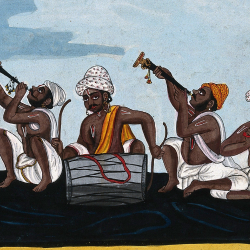
#reinventingBeethoven: creativity in education with digital cultural heritage
Learn more about #reinventingBeethoven: creativity in education with digital cultural heritage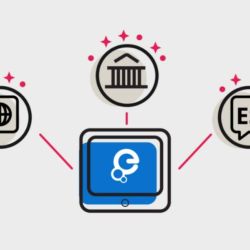
What’s new on the Europeana website? September - December 2021
Learn more about What’s new on the Europeana website? September - December 2021Collaboration
We deepened our partnerships with networks, partners and communities, producing a range of tools, services and events, from those that extend infrastructure or support technical enrichment to those that explore engagement and storytelling. And we measured the impact of these kinds of collaboration using our Impact Framework.

Highlights from a year of working on impact for cultural heritage
Learn more about Highlights from a year of working on impact for cultural heritage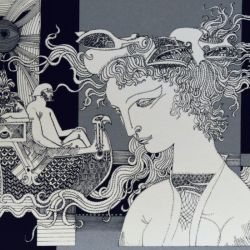
Seven tips for digital storytelling with cultural heritage
Learn more about Seven tips for digital storytelling with cultural heritage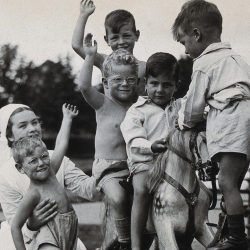
Generic Services projects 2021 event highlights an impressive portfolio for innovation
Learn more about Generic Services projects 2021 event highlights an impressive portfolio for innovationBuilding capacity for a common European data space
New technologies help us to create the building blocks necessary for a common European data space. We outlined the principles we believe are needed for a rights-based, people-centred data space and continued to deliver research, tools and services to advance it.
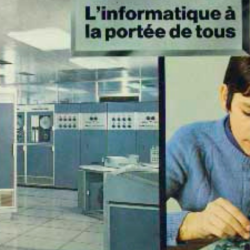
What principles should guide Europe’s digital future?
Learn more about What principles should guide Europe’s digital future?
New EuropeanaTech Task Force report explores AI in relation to GLAMs
Learn more about New EuropeanaTech Task Force report explores AI in relation to GLAMs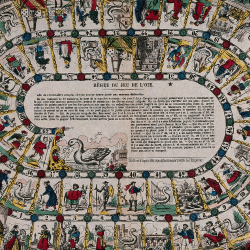
A missed deadline: the state of play of the Copyright Directive
Learn more about A missed deadline: the state of play of the Copyright DirectiveDiversity and inclusion
Cultural heritage empowers society to embrace its diversity and flourish. To embed this belief in our work, we established a Diversity and Inclusion cross-team, encouraged and shared diverse editorial through both Europeana Pro and the Europeana website, and supported teachers to use digital cultural material to encourage conversations in the classroom.
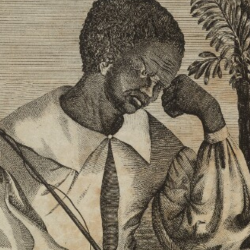
Reflecting on Black History Month at Europeana
Learn more about Reflecting on Black History Month at Europeana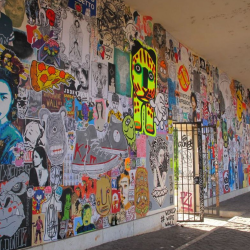
Meet the Europeana Foundation Diversity and Inclusion cross team
Learn more about Meet the Europeana Foundation Diversity and Inclusion cross team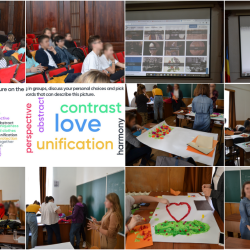
Supporting diversity and inclusion in the classroom
Learn more about Supporting diversity and inclusion in the classroomClimate action
Our new Climate Action community and manifesto will help us all embed working practices that minimise the digital cultural heritage sector’s impact on the climate and environment. This complements our support of the New European Bauhaus, as we emphasise the need to ensure that the digital cultural sector plays its role in a more sustainable society.
Talking climate change at the Europeana Foundation: a ‘green’ team and community action
Learn more about Talking climate change at the Europeana Foundation: a ‘green’ team and community action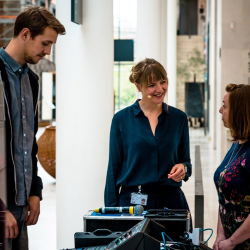
New European Bauhaus - an interview with Merete Sanderhoff
Learn more about New European Bauhaus - an interview with Merete SanderhoffProjects
The scope and partners of the Europeana DSI and other EU-funded projects (Generic Services and Horizon 2020 projects) are many and varied, covering topics from aggregation to technological innovation, audience engagement and capacity-building. This year, project highlights include the development of a better-functioning and sustainable aggregation infrastructure, new editorial formats, and guidelines to link tangible and intangible heritage.
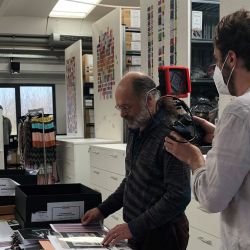
Creating podcasts and vlogs with audiovisual cultural heritage
Learn more about Creating podcasts and vlogs with audiovisual cultural heritage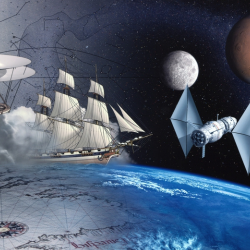
Europeana Common Culture: successes towards a harmonised and coordinated aggregation ecosystem
Learn more about Europeana Common Culture: successes towards a harmonised and coordinated aggregation ecosystem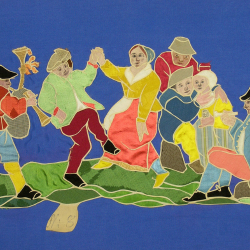
Introducing the WEAVE project - widening access to the heritage of cultural communities
Learn more about Introducing the WEAVE project - widening access to the heritage of cultural communitiesEvents
Our annual conference, Europeana 2021 welcomed 60+ speakers in 50 sessions over three days, with 1,750 people registering to take part. Webinars across the year covered topics from AI and impact, to education, copyright and storytelling, and a series of informal online ‘cafes’ explored the New European Bauhaus.
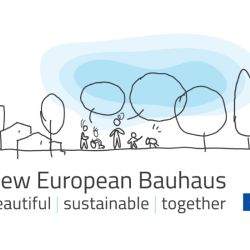
Beautiful - sustainable - together: the New European Bauhaus
Learn more about Beautiful - sustainable - together: the New European Bauhaus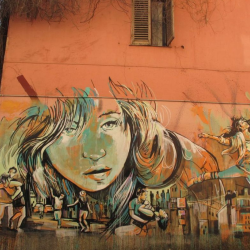
Webinar series explores impact of digital cultural heritage
Learn more about Webinar series explores impact of digital cultural heritage- europeana_foundation_annual_report_and_accounts_2021.pdfDOWNLOAD - Europeana_Professional/Publications/annual_reports/europeana_foundation_annual_report_and_accounts_2021.pdf
